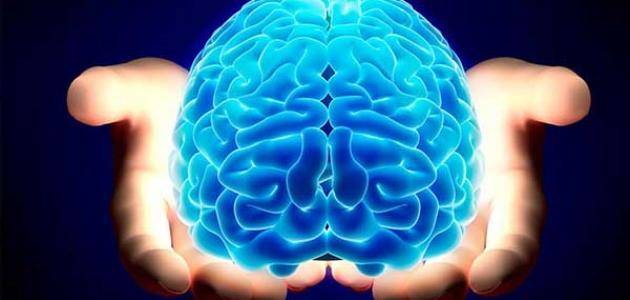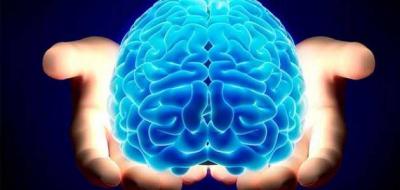A team of German researchers conducted a study using fruit flies to investigate the neurotransmitter "octopamine" to determine whether food memories are stored long-term or short-term—an process influenced by energy reserves, which affects future eating behavior. The study’s results suggest that similar mechanisms may influence overeating in humans. In behavioral experiments using the fruit fly "Drosophila melanogaster," which is utilized as a live model in biological and genetic research and physiology, a research team at the Institute of Zoology at the University of Cologne examined the brain's control of food intake and the extent of future overeating.
According to a publication by NeuroScience News based on the journal eLife, similar to humans, insulin-like molecules regulate food intake in fruit flies. Among other factors, this process is affected by the neurotransmitter octopamine, which mediates decision-making. The octopamine neurotransmission system, a molecule related to norepinephrine, determines whether memories of carbohydrate consumption are stored in short-term or long-term memory. This decision is based on the level of internal energy reserves, which critically impacts future eating behavior.
The study led by Professor Dr. Henrik Schultz is titled "Octopamine Integrates Internal Energy Supply Status into Memory Formation Related to Food Consumption." The researchers explored how light fasting and decreased glycogen levels in fat and muscle tissue affect the perception of carbohydrates in fruit flies. Glycogen, the stored form of glucose, is stored in fat tissue and primarily used as energy in muscles. Information about energy reserves in these tissues is integrated into the decision-making system by octopamine, affecting the brain's biomechanics.
Previous studies have shown that overeating can lead to increased glycogen levels in both animals and humans. In the experiment, genetically modified fruit flies were engineered to have higher glycogen levels. During fasting, the increased energy reserves created a very stable memory that did not fade upon subsequent food consumption. This occurred even if the nutritional value of the next meal was sufficient to compensate for the depletion caused by fasting, leading to increased food intake.
If glycogen levels were excessively high, carbohydrate intake in the experiment only resulted in a low rewarding effect in the brain. This low effect fueled the desire to continue eating. If food intake was adequate or if the animal had sufficient energy, the decision-making system suppressed the formation of such long-lasting memories regarding food sources. It was shown that this decision is made independently of the carbohydrate content in the food or whether it is protein-rich. Overall, glycogen levels had no effect on how fruit flies evaluated protein-rich foods.
Depending on energy levels, octopamine is responsible for the type of memory formed in response to food consumption, as food that usually provides sufficient nutritional value is not perceived as rewarding enough. The result can be overeating, irrespective of the nutritional value or type of food.
**The Development of Obesity**
Lead researcher Henrik Schulz stated, "In ancient times, when food was a limited or rare resource, this mechanism may have functioned to build energy reserves when food was available. In times of food surplus, the long-term memory of carbohydrate sources may support overeating—thereby contributing to the development of obesity."
**Erasing Rewarding Food Memories**
There are no studies demonstrating a similar mechanism in humans, but since the involved molecules are very similar in fruit flies and humans, the research team hypothesizes that the mechanism operates in a similar fashion. Thus, the findings could explain why losing weight is challenging; if the rewarding memory of food lasts longer than the rewarding and satiating effect of actual food consumption, this might lead to increased food intake. Schulz concluded, "In the future, it may be important to determine how to erase these long-term memories to make weight loss easier."




